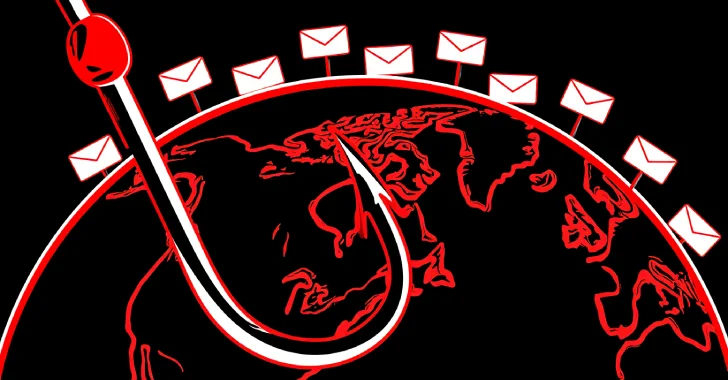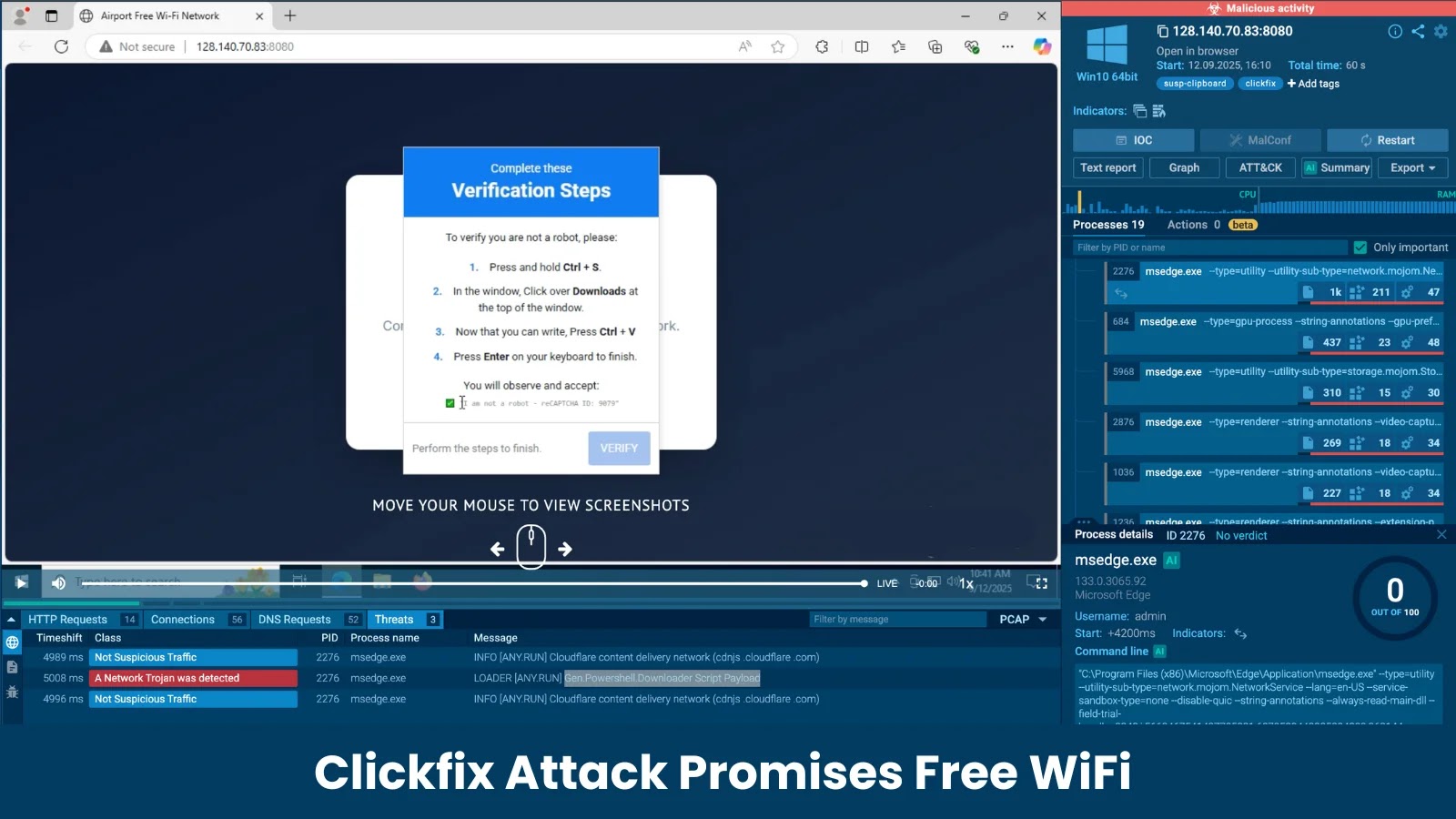In a meticulously coordinated cyber espionage campaign, Iranian-affiliated hackers have executed a series of spear-phishing attacks targeting embassies and consulates worldwide. Israeli cybersecurity firm Dream has attributed these activities to operators linked with the group known as Homeland Justice.
The attackers disseminated emails masquerading as legitimate diplomatic communications to numerous government recipients across the globe. These emails were crafted to exploit the ongoing geopolitical tensions between Iran and Israel, thereby increasing the likelihood of recipients engaging with the content.
Attack Methodology:
The cybercriminals employed spear-phishing emails containing malicious Microsoft Word documents. Upon opening these documents, recipients were prompted to Enable Content, which activated embedded Visual Basic for Applications (VBA) macros. These macros then deployed malware designed to establish persistence within the targeted systems, communicate with command-and-control (C2) servers, and exfiltrate sensitive system information.
Scope of the Attack:
The phishing campaign cast a wide net, targeting embassies, consulates, and international organizations across multiple continents, including the Middle East, Africa, Europe, Asia, and the Americas. European embassies and African organizations were particularly affected. The attackers utilized 104 unique compromised email addresses belonging to officials and pseudo-government entities to lend credibility to their messages. Notably, some emails originated from a compromised mailbox of the Oman Ministry of Foreign Affairs in Paris.
Indicators of Compromise:
The phishing emails consistently referenced urgent communications from the Ministry of Foreign Affairs (MFA), conveyed a sense of authority, and exploited the common practice of enabling macros to access content. These characteristics are indicative of a well-orchestrated espionage operation designed to obfuscate its origins.
Objective and Attribution:
The primary goal of these attacks was to deploy malware capable of maintaining a foothold within the targeted systems, facilitating ongoing surveillance and data exfiltration. Cybersecurity company ClearSky has also reported on aspects of this campaign, noting that similar obfuscation techniques were employed by Iranian threat actors in 2023 during attacks on Mojahedin-e-Khalq in Albania. This suggests a consistent pattern of behavior and reinforces the attribution to Iranian state-sponsored actors.
Implications and Recommendations:
This campaign underscores the persistent threat posed by state-sponsored cyber actors to diplomatic and governmental entities. Organizations are advised to implement robust cybersecurity measures, including:
– Employee Training: Educate staff on recognizing phishing attempts and the dangers of enabling macros in unsolicited documents.
– Email Filtering: Deploy advanced email filtering solutions to detect and block malicious attachments and links.
– System Hardening: Regularly update and patch systems to mitigate vulnerabilities that could be exploited by malware.
– Incident Response Planning: Develop and regularly test incident response plans to ensure swift action in the event of a security breach.
By adopting these measures, organizations can enhance their resilience against sophisticated cyber threats and protect sensitive information from unauthorized access.



